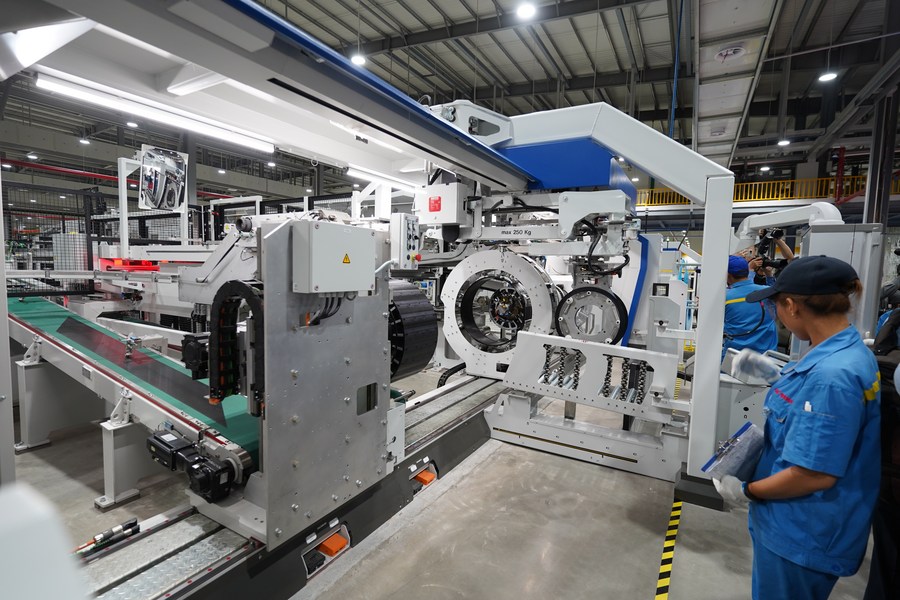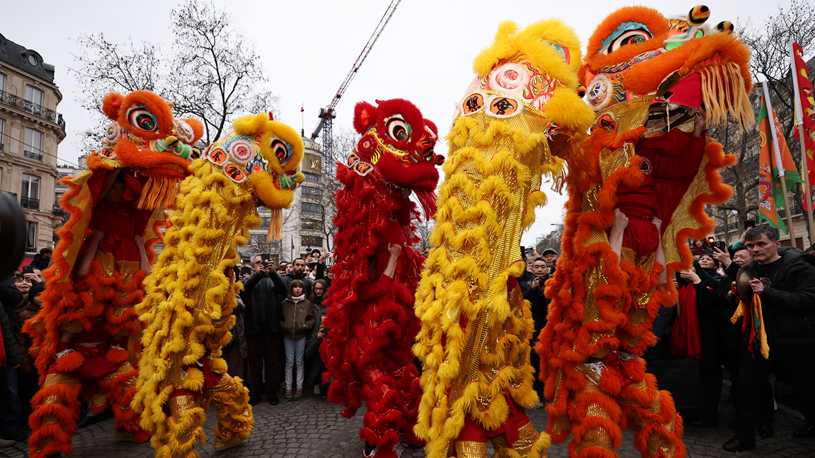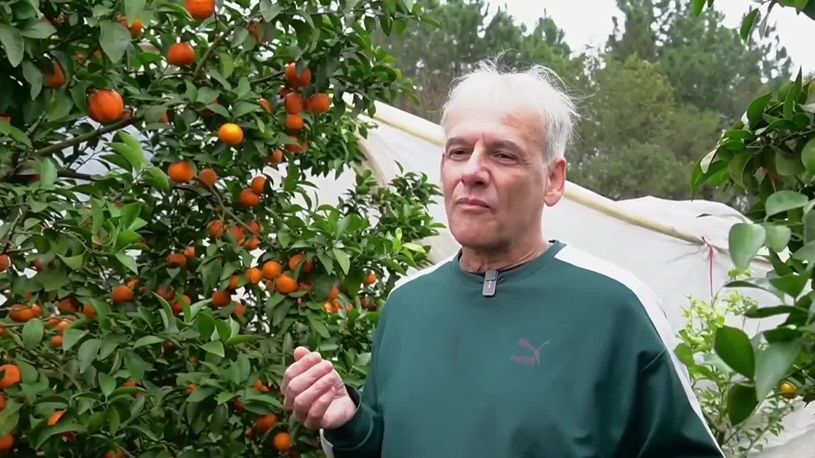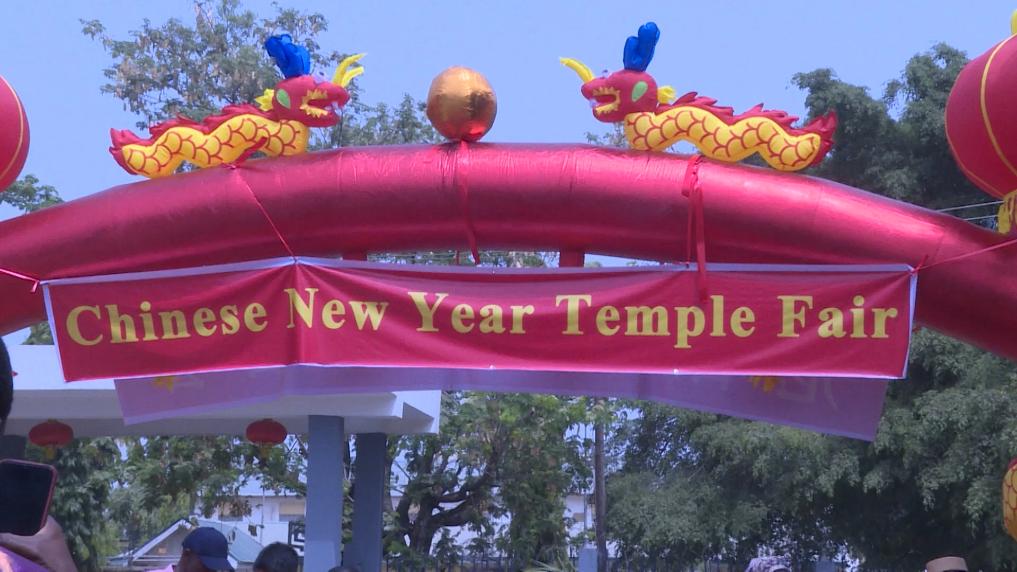
This photo taken on May 22, 2023 shows a view of the General Tire Technology (Cambodia) factory in the Sihanoukville Special Economic Zone (SSEZ) in Preah Sihanouk Province, Cambodia. (Photo by Ly Lay/Xinhua)
PHNOM PENH, Feb. 6 (Xinhua) -- The value of imports and exports passing through the Sihanoukville Special Economy Zone (SSEZ) in Cambodia reached 3.36 billion U.S. dollars in 2023, a year-on-year increase of 34.8 percent, the zone operator said in a recent statement.
Jointly ventured by Chinese and Cambodian investors, the SSEZ is a flagship project under the Belt and Road Initiative (BRI).
"The trade volume through the SSEZ accounted for approximately 7.18 percent of Cambodia's total trade volume," the statement said.
The 11-square-km economic zone has attracted a cumulative investment of 2.27 billion dollars, accommodating a total of 180 enterprises from China, Europe, the United States, Southeast Asia and other countries and regions, creating about 30,000 jobs for local people.
Sok Siphana, a senior minister and chairman emeritus of the Board of Directors of the Asian Vision Institute, said that the SSEZ, together with other major BRI projects, have significantly promoted Cambodia's economic development and connectivity.
"The construction of multiple industrial parks such as Sihanoukville Special Economy Zone, and the capital increase and production expansion of car tire and cement plants have improved the level of industrialization in Cambodia and created a large number of jobs and tax revenues for the country," he told Xinhua in a recent interview.
Neak Chandarith, director of the Cambodia 21st Century Maritime Silk Road Research Center, said the SSEZ is located near the deep-water Sihanoukville Autonomous Port, which is convenient for trade between Cambodia and the rest of the world.
"The SSEZ has contributed to boosting Cambodia's economic growth," he told Xinhua on Monday. "This industrial zone, along with other BRI projects, has been playing an important role in helping Cambodia achieve its ambitious goals of becoming an upper-middle income country by 2030 and a high-income nation by 2050." ■











